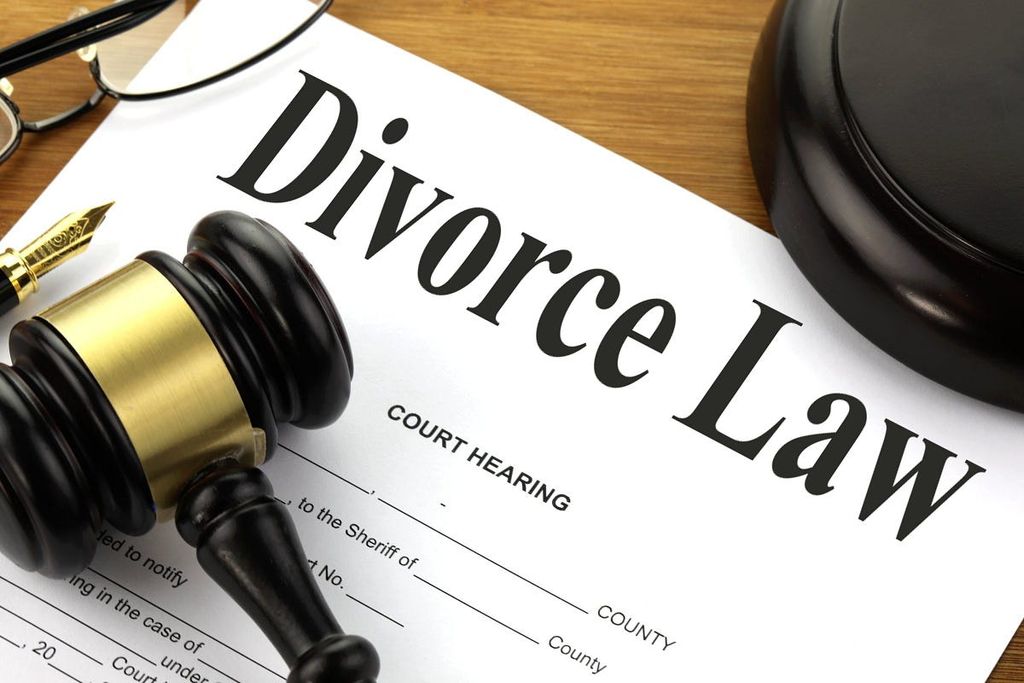
In today's digital age, email has become an essential communication tool for lawyers. However, managing emails efficiently can be a challenging task, especially when dealing with large volumes of messages and sensitive client information. Streamlining email processes can greatly benefit lawyers by improving productivity, ensuring confidentiality, and enhancing communication. This article explores the importance of streamlining email processes for lawyers and provides key takeaways to help them optimize their email management strategies.

Lawyers face several challenges when it comes to managing their emails. One of the main challenges is the sheer volume of emails they receive on a daily basis. With clients, colleagues, and opposing counsel constantly sending emails, it can be overwhelming to keep up with the influx of messages.
Another challenge is the need to prioritize and organize emails effectively. Lawyers often receive emails that require immediate attention, while others can be dealt with at a later time. It can be difficult to determine which emails are the most important and need to be addressed first.
Additionally, lawyers must ensure that their email communications are secure and confidential. They deal with sensitive information on a regular basis, and any breach of confidentiality can have serious consequences. This adds an extra layer of complexity to email management.
To overcome these challenges, lawyers need to implement efficient email processes and utilize the right tools and technologies. By streamlining their email workflows and adopting best practices, lawyers can improve their productivity and ensure that important emails are not overlooked.
Streamlining email processes can provide numerous benefits for lawyers. By implementing efficient email management strategies, lawyers can save time, reduce stress, and improve productivity. Organizing and prioritizing emails effectively allows lawyers to quickly access important information and respond to client inquiries in a timely manner. Additionally, streamlining email processes can help lawyers stay organized and maintain a clear record of communication, which can be crucial for legal cases and client relationships.
When it comes to efficient email communication, there are several best practices that lawyers can follow to streamline their processes. These practices can help save time, improve productivity, and ensure effective communication with clients and colleagues. Here are some key tips to consider:
Implementing these best practices can greatly improve email communication for lawyers, leading to better organization, increased efficiency, and enhanced client satisfaction.
When it comes to streamlining email processes, there are several tools and technologies available that can greatly improve efficiency and productivity. One such tool is email management software, which helps lawyers organize and prioritize their emails. This software often includes features such as email filtering, automatic categorization, and advanced search capabilities, making it easier to find and manage important emails.
Another technology that can be beneficial for lawyers is email encryption software. This software ensures that sensitive and confidential information sent via email is protected from unauthorized access. By encrypting emails, lawyers can maintain client confidentiality and comply with privacy regulations.
Additionally, email tracking software can be useful for lawyers who need to keep track of their sent emails. This software allows lawyers to know when their emails have been opened, read, or forwarded, providing valuable insights into the effectiveness of their communication.
In summary, leveraging tools and technologies such as email management software, email encryption software, and email tracking software can significantly streamline email processes for lawyers, improving organization, efficiency, and security.
Organizing emails is crucial for lawyers to efficiently manage their workload and stay on top of important information. Here are some strategies to help lawyers effectively organize their emails:
Create folders or labels: Categorize emails into different folders or labels based on their subject matter or importance. This makes it easier to locate specific emails when needed.
Use filters and rules: Set up filters and rules to automatically sort incoming emails into specific folders or apply certain actions. This saves time and ensures that emails are organized as soon as they arrive.
Archive or delete unnecessary emails: Regularly review and archive or delete emails that are no longer needed. This helps to declutter the inbox and improves overall organization.
Prioritize emails: Develop a system for prioritizing emails based on urgency and importance. This ensures that important emails are addressed promptly and prevents them from getting lost in the inbox.
Use email management tools: Explore email management tools that offer features like email tracking, snoozing, and scheduling. These tools can streamline email processes and enhance productivity.
Implementing these email organization strategies can help lawyers stay organized, reduce email overload, and improve overall efficiency.
Ensuring the security and confidentiality of emails is crucial for lawyers to protect sensitive client information and maintain professional ethics. Here are some best practices to follow:
Use strong and unique passwords: Create strong passwords that include a combination of letters, numbers, and special characters. Avoid using common words or personal information.
Enable two-factor authentication: Add an extra layer of security by enabling two-factor authentication. This requires a second verification step, such as a code sent to your mobile device.
Encrypt sensitive emails: When sending confidential information, use email encryption tools to protect the content from unauthorized access.
Tip: Regularly update your email software and security settings to ensure you have the latest protection against potential threats.
By following these practices, lawyers can minimize the risk of data breaches and maintain the trust of their clients.
Streamlining email workflows is essential for lawyers to improve productivity and efficiency. By implementing effective email management strategies, lawyers can save time and focus on more important tasks. Here are some tips to streamline email workflows:
Tip: Prioritize emails based on urgency and importance to ensure timely responses.
Implementing these strategies can help lawyers stay organized, reduce email overload, and improve overall productivity.
Measuring the success of streamlined email processes is crucial for lawyers to evaluate the effectiveness of their email management strategies. By tracking key metrics and analyzing data, lawyers can gain insights into the impact of streamlining email processes on their productivity, efficiency, and overall workflow. Here are some ways to measure the success of streamlined email processes:
In conclusion, streamlining email processes for lawyers is essential for improving efficiency and productivity. By implementing email management strategies such as automated filters and template responses, lawyers can save valuable time and focus on more critical tasks. Additionally, utilizing email encryption and secure communication platforms ensures client confidentiality and data protection. With these streamlined email processes, lawyers can enhance their professional image, provide better client service, and ultimately achieve greater success in their legal practice.
Streamlining email processes helps lawyers manage their communication more efficiently, saving time and reducing the risk of missing important information or deadlines.
Lawyers often receive a large volume of emails, making it difficult to prioritize and respond to them in a timely manner. They also need to ensure the security and confidentiality of sensitive information shared through email.
Streamlining email processes allows lawyers to stay organized, easily search and retrieve important emails, collaborate effectively with colleagues and clients, and maintain a professional image.
Some best practices for efficient email communication include setting clear email policies and guidelines, using email filters and folders to organize emails, avoiding unnecessary email threads, and responding promptly to important emails.
Lawyers can use email management software, email tracking tools, email encryption services, and email automation tools to streamline their email processes and improve productivity.
Lawyers can ensure email security and confidentiality by using strong passwords, enabling two-factor authentication, encrypting sensitive emails, and being cautious about sharing confidential information through email.